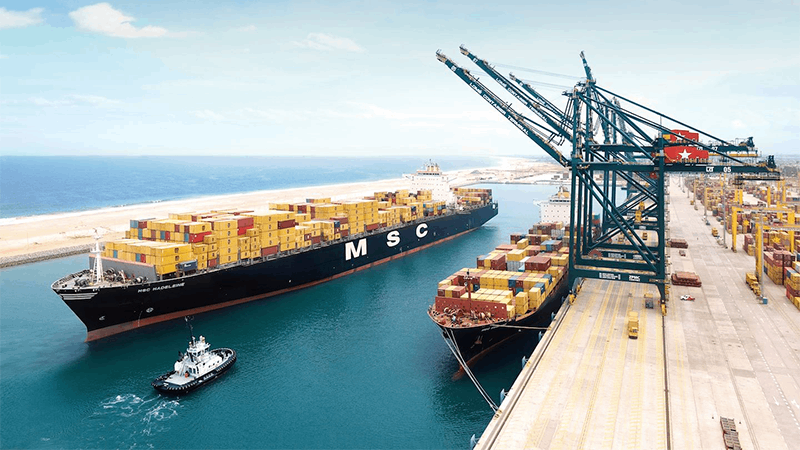Time:2022-03-24 Publisher:Kevin Num:6219

The global port congestion is still severe, and the latest Omicron virus has hit the shipping industry.
It is reported that LA / LB port, which has been plagued by congestion, has recently eased, but as far as ports around the world are concerned, the situation is not optimistic.
Gordon, Clarkson's director, said that at present, affected by the conflict between Russia and Ukraine, the ports in the Black Sea region are seriously affected by congestion. Several shipping companies announced that they would skip ports in the region.
It also said that recently, there have been repeated signs of the epidemic in many cities in China, especially in port cities. This has also affected the stability of global shipping.
Due to the impact of these two situations, the delays in the global shipping industry are likely to continue. Some experts believe that due to the above situation, port congestion is still the main reason for the rise in freight.
As of March 18, the Clarkson index had reached $41377, just 3% lower than its peak in October last year.
As far as container transportation is concerned, port congestion has brought no small trouble to this link. Clarkson's container port congestion index has risen from 33.7% a month ago to 35.2% now.
Some experts pointed out that this may be related to the recent outbreak of the Russian Ukrainian conflict, such as customs inspection and other factors will lead to delays.
In addition, there are repeated outbreaks in many cities in China, which will indirectly affect port operations.
Looking at the global port congestion, if we want to sort, the ports in China, the United States and Northern Europe are in the front. Data show that up to now, the capacity of ports on the east coast of the United States is 900000 TEU, that of ports in northern Europe is 120000 TEU, and that of Chinese ports is 2.2 million TEU.
It is worth noting that the congestion of ports on the west coast of the United States has improved, but the congestion is gradually shifting to the East Coast ports of the United States.
Ukraine's Ministry of infrastructure said on the 21st local time that the ports in the Black Sea and the sea of Azov near Ukraine were forced to stop navigation because of Russia's special military operations.
As far as bulk carrier transportation is concerned, the waiting situation of this type of ships in the port is also further deteriorating. According to the Clarkson index, the average ship waiting index in the first quarter of this year was 35%.
Gordon said that it had been expected that the port congestion would take some time to ease. Now, coupled with the recent conflict and the recurrence of the epidemic, the recovery time may be further extended.



